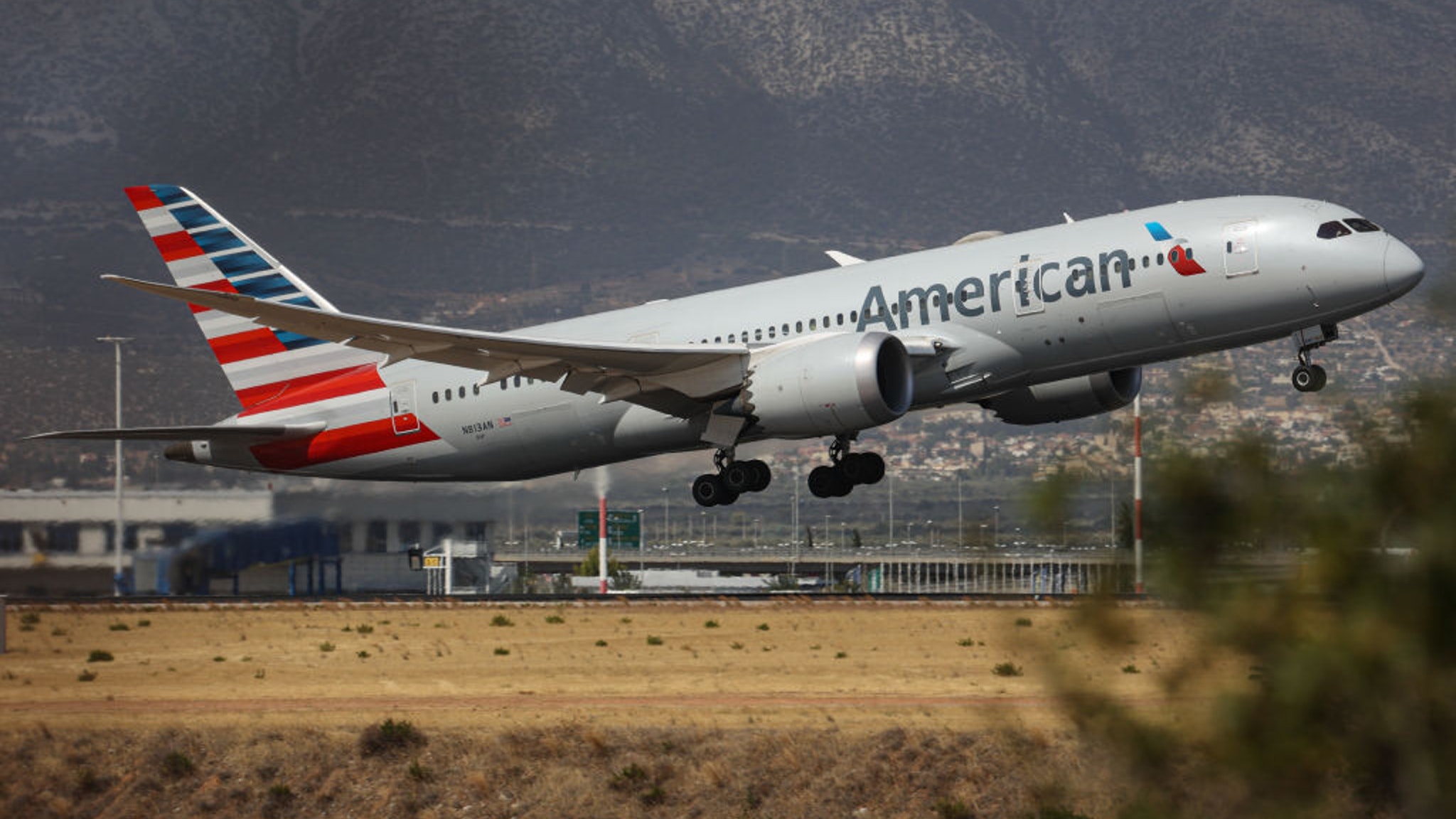Kerby Anderson
Whenever I travel, my favorite slogan is: “I hope the plane flight is on time, and I hope I’m on it.” If you have flown on a commercial airline lately you know what I mean. In fact, I am writing this commentary while flying on an airplane.
The other day, my wife and I arrived at the airport and were told that, though we had a reservation, we didn’t have a ticket. I didn’t know you could have one without the other. Apparently, when we changed the date of the flight the individual helping us by phone voided the ticket and not just the changed leg of our trip.
Anyone who has done any traveling knows that sometimes you arrive at a car rental agency or a hotel that has lost your reservation. Therefore, you immediately work with the agent to make it right. The ticket agent for American Airlines tried her best to solve the problem but was only allowed to give us one choice: pay $1800/ticket for the flight. We obviously said no.
She wasn’t the problem. The corporate policy was the problem. We had a reservation, as evidenced by the fact that I received a call from the gate agent wondering why I had not boarded the plane. The airline had the money, as evidenced by the fact that when I booked this flight, my credit from the first flight was used to pay for it and I only had to pay a small additional amount.
The flight took off with two empty seats because the ticket agent wasn’t allowed to use some common sense and provide customer service. It reminded me of previous encounters I have had with government bureaucrats who couldn’t help me because of rigid government policies. Even if they wanted to help me, government regulations kept them from using some common sense.
My ticket problem with the airline was a reminder that corporations are starting to look more like governments than businesses that practice customer service.
 Listen Online
Listen Online Watch Online
Watch Online Find a Station in Your Area
Find a Station in Your Area










 Listen Now
Listen Now Watch Online
Watch Online
